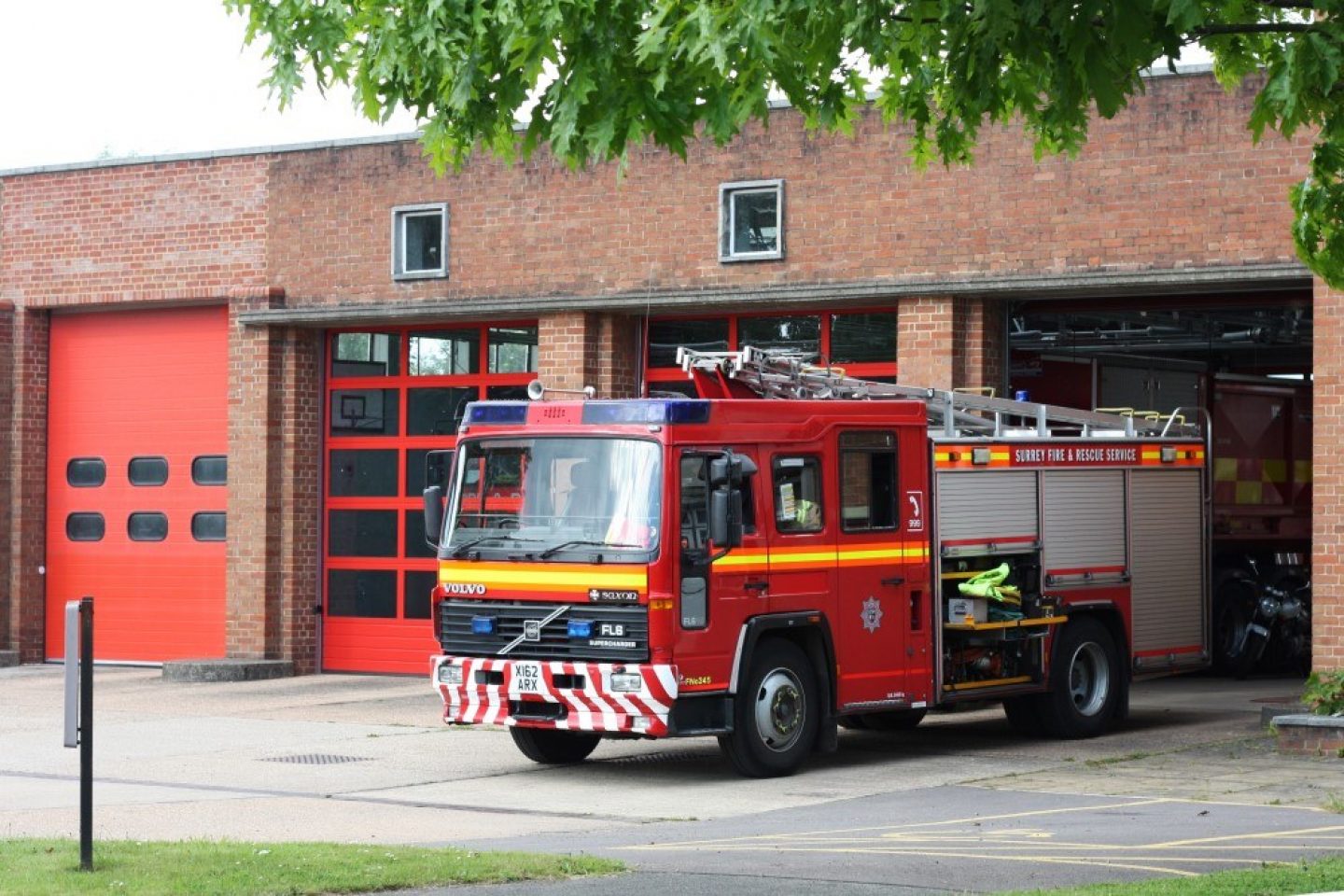My first emergency call - I remember ‘turning out’ to a road traffic collision (RTC), which involved a man and his wife, who were in their 80s. They were driving a small car and pulled out from a side lane into a dual carriageway but were hit by a speeding van. The woman died at scene and the man suffered serious injuries and was trapped. The extraction was difficult and lengthy and sadly he later died in hospital.
I have reflected on this incident many times, as it describes fully the importance of all the five pillars of the safe systems approach: safer speeds (no reduced speed limit was in place); safer roads (the junction – without traffic safety engineering); safer people (vulnerable drivers with medical conditions); safer vehicles (old car without modern safety equipment); and post-crash response (time delay in the extraction). Thankfully, this junction is now much safer with engineering and speed limits playing their part.
I became a trauma technician and RTC trainer during my early Fire and Rescue Service career through my passion for making the roads safer. I attended a multitude of RTCs, seeing first-hand the devastating impact that a RTC can have on both the victims and the responders.
I was on night shift when I received a telephone call from my wife informing me that my brother-in-law had been involved in a RTC riding his motorbike. We travelled across the country to see him pass away in hospital (leaving a wife and four young children behind). The consequence of this on my family was devasting and it fully brought home the importance of support services who provide much-needed support to bereaved families following a fatal or life-changing collision.
My road safety life experiences ultimately lead me to the role of NFCC Lead Officer for Road Safety, where I endeavour to be a champion for all that makes our roads safer and especially the prevention and response services that the fire sector delivers every day. As NFCC lead, I want to challenge what resources we commit to road safety and what vision we have as a sector to become much more ‘road aware’ and make the roads a safer place to share.
I am very supportive of proactive Road Safety Partnerships - where all responders (Blue Light, Local Authorities and Support Services) come together to deliver a plan to reduce the number of killed and serious injuries on our roads.
Celebrating emergency workers post-crash response
A poem that I will be reading for Road Peace 2021 – World Day of Remembrance which takes place on Sunday 21st November 2021. I dedicate to all emergency workers for their post-crash response (Pillar 5 of the Safe System):
We reflect on the work of all those agencies who work to make our roads safer.
We give thanks for the bravery, dedication, commitment and skill of police officers, fire fighters, ambulance crews, doctors and nurses who rush to the aid of victims and work selflessly to preserve life.
Give them strength and courage in their duties and a sense of peace
as they come to terms with the human pain and tragedy they witness in their daily work.
This blog is published for Road Safety Week 2021 in celebration of the road safety heroes who help us make safe and healthy journeys and support people after road crashes. Click here to find out more and sign up to take part.
Tony Crook
NFCC Road Safety Lead Officer



